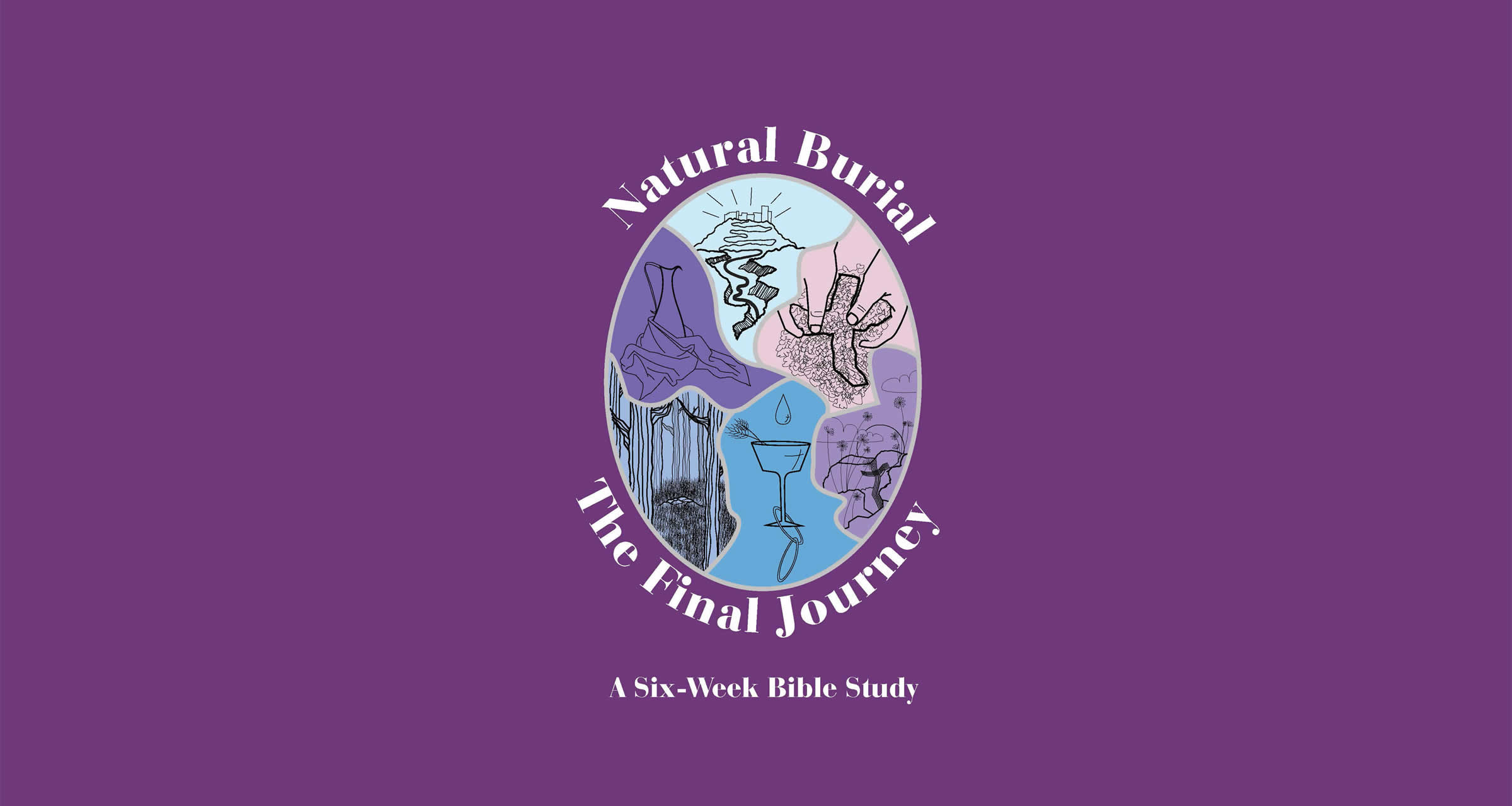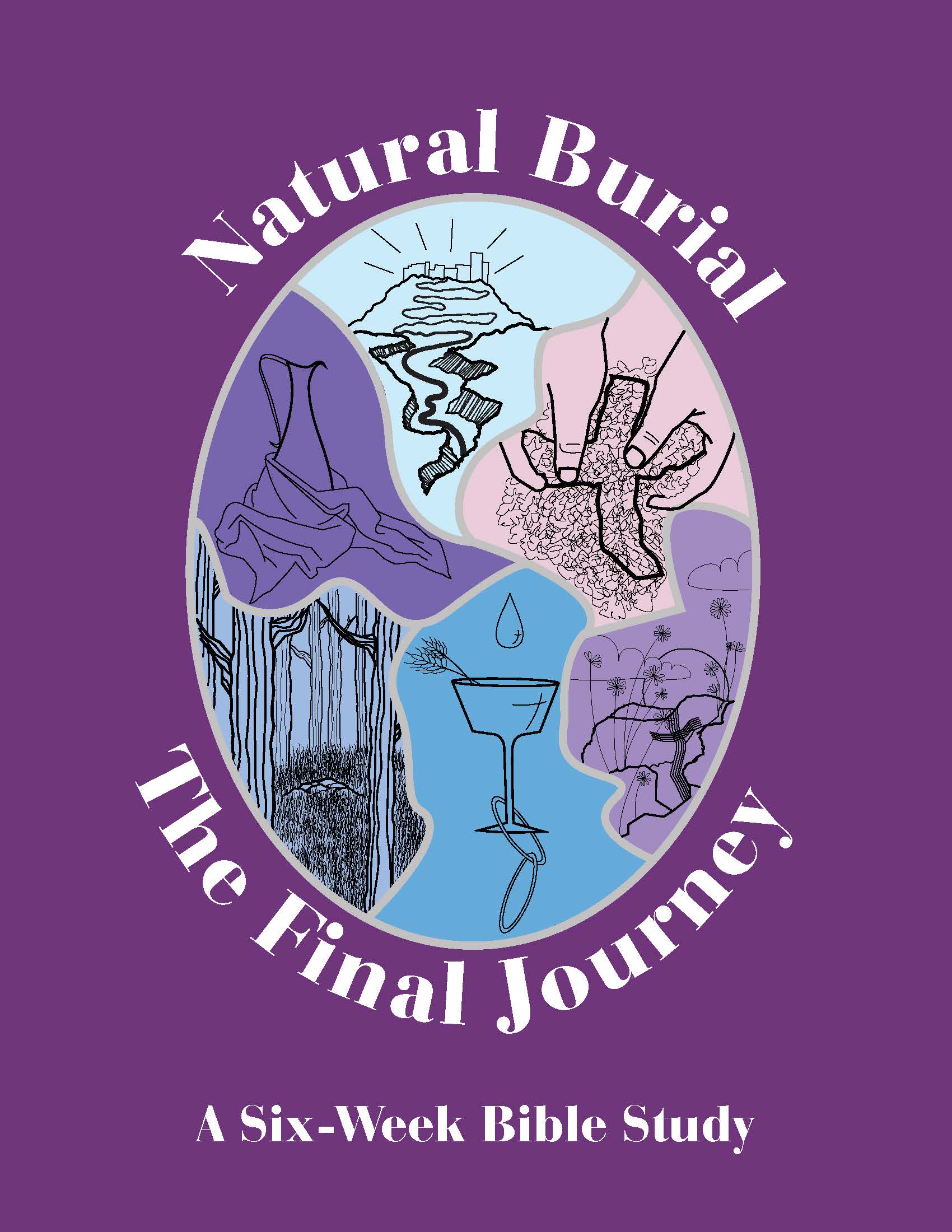UPDATED: Sept. 6, 2023
Natural Burial: The Final Journey is no longer available as a free, downloadable Bible study as it has become the basis for the book, Lay Me in God’s Good Earth: A Christian Approach to Death and Burial, available from InterVarsity Press in 2024.
Natural Burial: The Final Journey is a free, downloadable six-unit Bible study, written by Kent Burreson and Beth Hoeltke, focusing on the worth that God places on the human body not only in life, but equally in death. God honors the body and the best way for Christians to honor their body is to treat their body as a gift of their Creator, which God will raise and restore in holiness on the last day. Through this study participants will consider practices which best reflect the honor we should give to our bodies as we journey into death. These natural burial practices contrast significantly with many current burial practices. The study reviews these current practices and offers new insights toward more natural and caring practices which truly honor the body. The study pays special attention to how we, as Christians, should journey with the baptized body once death has occurred; how we should care for the body of our dead; how we should rehearse the story of the person’s bodily life; how we should best bury our dead; and finally how we find hope in the resurrection of our bodies.
Throughout the study participants will complete a separate burial planning guide that makes explicit their own desires in relation to the practices discussed. The study is self-contained, so the materials provided enable a pastor, church worker, or a lay person to lead it. Pastors and other church workers could expand the amount of time spent in reflection on and discussion of the study’s content. Our hope is that at the end participants will find the practices of natural burial to be compelling because they faithfully witness to the God who creates and redeems our bodies.




Leave a Reply
You must be logged in to post a comment.